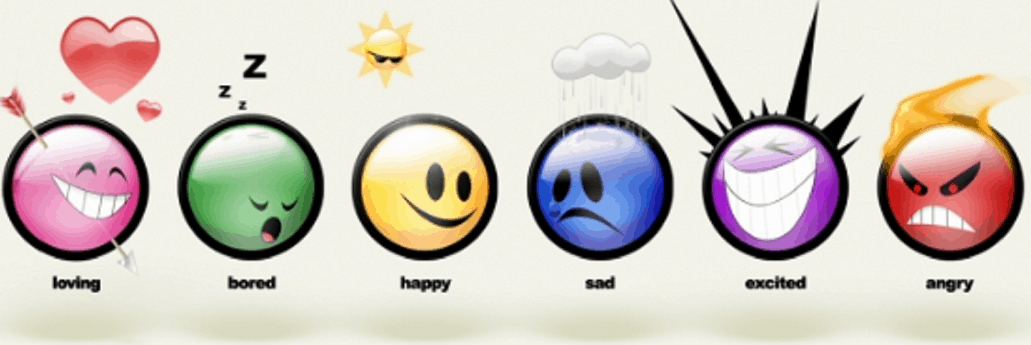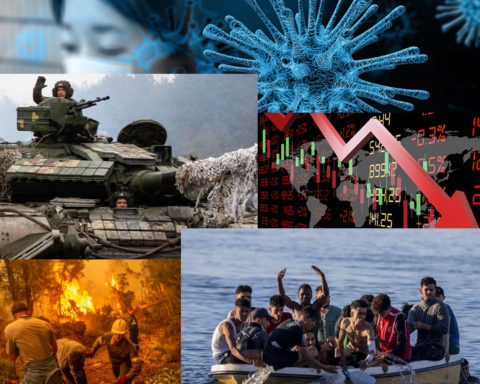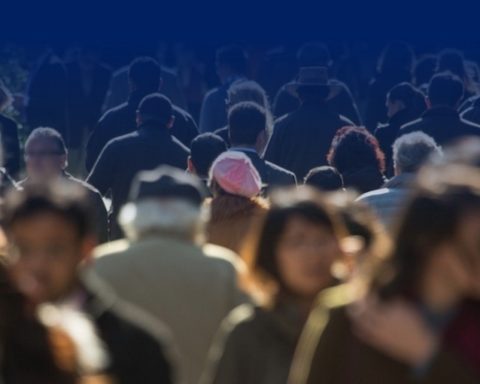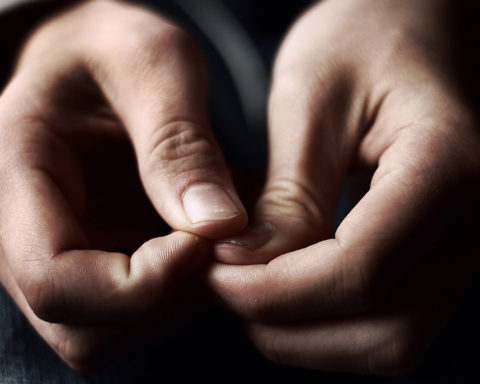RSA / FIFG study: ss part of its "Internet, Others and Me" education campaign, RSA commissioned a study that questions and compares the online perceptions and uses of children (11-17 years old) and parents.
"The Internet is a great place for discovery, but it can also be risky: we expose our personal information, we have private discussions, we buy online and so do our children. We are launching the "Internet, others and me" campaign in France because we are convinced that adopting safe behaviour is based on a good understanding of the potential and real dangers and cannot be reduced to technical answers".explains Philippe Fauchay, President of RSA in France.
 Partner of the 2013 edition of Safer Internet Day organised on 5 February in more than 30 countries, RSA is today presenting the results of a study carried out by the FIFG in January 2013 in France. Focusing on Internet use by young people, this study interviews children aged 11 to 17 and their parents before comparing the results.
Partner of the 2013 edition of Safer Internet Day organised on 5 February in more than 30 countries, RSA is today presenting the results of a study carried out by the FIFG in January 2013 in France. Focusing on Internet use by young people, this study interviews children aged 11 to 17 and their parents before comparing the results.
Do we know what our teens (11-17 years old) are doing on the Internet?
Among the first remarkable results of the RSA/IFOP study is the frequency of Internet use by children. Although the percentage increases with the age of the child, a total of 77% of children report going online at least once a day.
This frequency is associated with a feeling of dependency: 88.7% of 11-17 year olds say it would be difficult for them to do without the Internet in their daily lives, a higher score than parents think.
If children report connecting mostly from a room where they are alone (55.3%), parents report to (53.7%) that their children connect from a room where there is traffic.
Beyond social networks
Contrary to popular belief, children don't go to the Web just to surf social networks. Their fields of investigation are numerous.

What else does this study tell us?
The relevance of parents' responses.
While it is often admitted that adults have little or no control over their children's activities on the Web, on the contrary, we find that their perception of their children's uses of the Internet is subtle and often in line with the children's responses.
Do children know the rules of the Web?
Different statements were submitted to children and parents to establish their level of knowledge of online rights and duties.
Both children and parents know that making racist or homophobic comments is prohibited by law (92% and 86% of children). Similarly, publishing images of others without permission is not permitted for 88% of children and 83% of parents.
Other areas are more blurred: saying bad things about someone, watching pornographic content or giving out a relative's email address lead to more uncertain answers.

Children/ Parents: Are we vigilant on the Internet?
To the question "Is the Internet dangerous? "59% of the children and 58% of the parents answered in the affirmative. Nonetheless, the children felt that they were behaving "cautiously" at 88%.
This feeling of safety is explained by awareness on the part of their parents or the school (77%).
"The existence of risk is perceived, but the nature of the risk and the means to prevent it are not yet under control." says Philippe Fauchay, Chairman of RSA in France.
What do we know about data protection?

The answers differ between parents and children. Far from being unanimous, the results reveal a significant information deficit concerning the protection of our personal data.
"Today's hackers are mainly interested in our personal data. The information that we disseminate on the web with more or less caution allows them to get in touch with us, to attack us directly, or to reach through us a third party (company, institution, or individual), via a digital conversation (email, chat, etc.) that we will not distrust.
The data they collect is often stored with the aim of being monetized later," explains Philippe Fauchay. "In the majority of cases, we don't know we've been attacked and we may never find out. »
Between theory and practice: major inconsistencies
The RSA/IFOP study highlights a significant gap between the feeling of being cautious on the Internet and the reality of people's habits.
Indeed, the digital world is changing fast, and it's not always convenient to be up to date with the latest version of a social network's settings, or to know how to deselect the geolocation option on your smartphone.
Among the main concerns of children and parents regarding their personal information on the Internet: the use of their personal information (last name, first name, address, etc.) and that of their banking information.
- However, 13.4% of children say they accept among their Facebook friends "people they don't know but who they think they can trust" and only 1 in 2 children only open emails for which they know the sender.
- Also, they make an effort to choose a complicated password for nearly three quarters of them, but admit to sharing it with at least one member of their entourage for 58.5%.
Among those who make purchases on the Internet (23.5% of children): while children most often make purchases on the Internet with the help of their parents (94%), they are also almost a quarter to make the payment alone, using their parents' bank card (25%).
Similarly, 72.9% of the children agree that it is easy to know their location from the mobile phone or computer they use.
- Still, 43.7% do not know whether or not they have chosen to be geolocated when using their mobile phone, tablet or computer.
"Today's younger generation uses the Internet instinctively without always understanding the risks that this can entail, and they are not alone. In general, we see a lack of knowledge and education about Internet risks, which partly explains the proliferation of threats and their effectiveness". concludes Philippe Fauchay, President of RSA in France.
Methodology
The study was carried out in France by the FIFG on behalf of RSA between 18 and 22 January 2013 with 403 children aged 11 to 17 and 402 parents of children aged 11 to 17.
RSA's "Internet, the Others and Me" Campaign*.
In order to raise awareness among Internet users, young and old, about the proper use of the Web, RSA* is launching its "Internet, others and me" campaign on February 5, which includes :
- a partnership with the Internet Without Fear programme and a commitment to Safer Internet Day, organised on 5 February 2013
- a national study, commissioned by RSA from the IFOP institute, which questions and compares the online perceptions and uses of children (11-17 years old) and parents.
-• an information website dedicated to the campaign
*RSA is a world specialist in digital data security and has been working for many years with governments and international think tanks to inform and raise awareness of Internet risks for as many people as possible.
About RSA
For more than 25 years, RSA, the security division of EMC, has been protecting the digital assets of businesses and working to make the Internet safer around the world. RSA has an anti-fraud and anti-crime command center that monitors Internet threats 24/7: phishing, viruses, Trojans, spyware, etc. This center has already helped to dismantle many mafia networks on the Internet. An expert in the fight against the threats that emerge every day on the Internet, RSA is behind the educational campaign to raise awareness of the proper use of the Internet: "Internet, others and me", launched on Safer Internet Day 2013.












